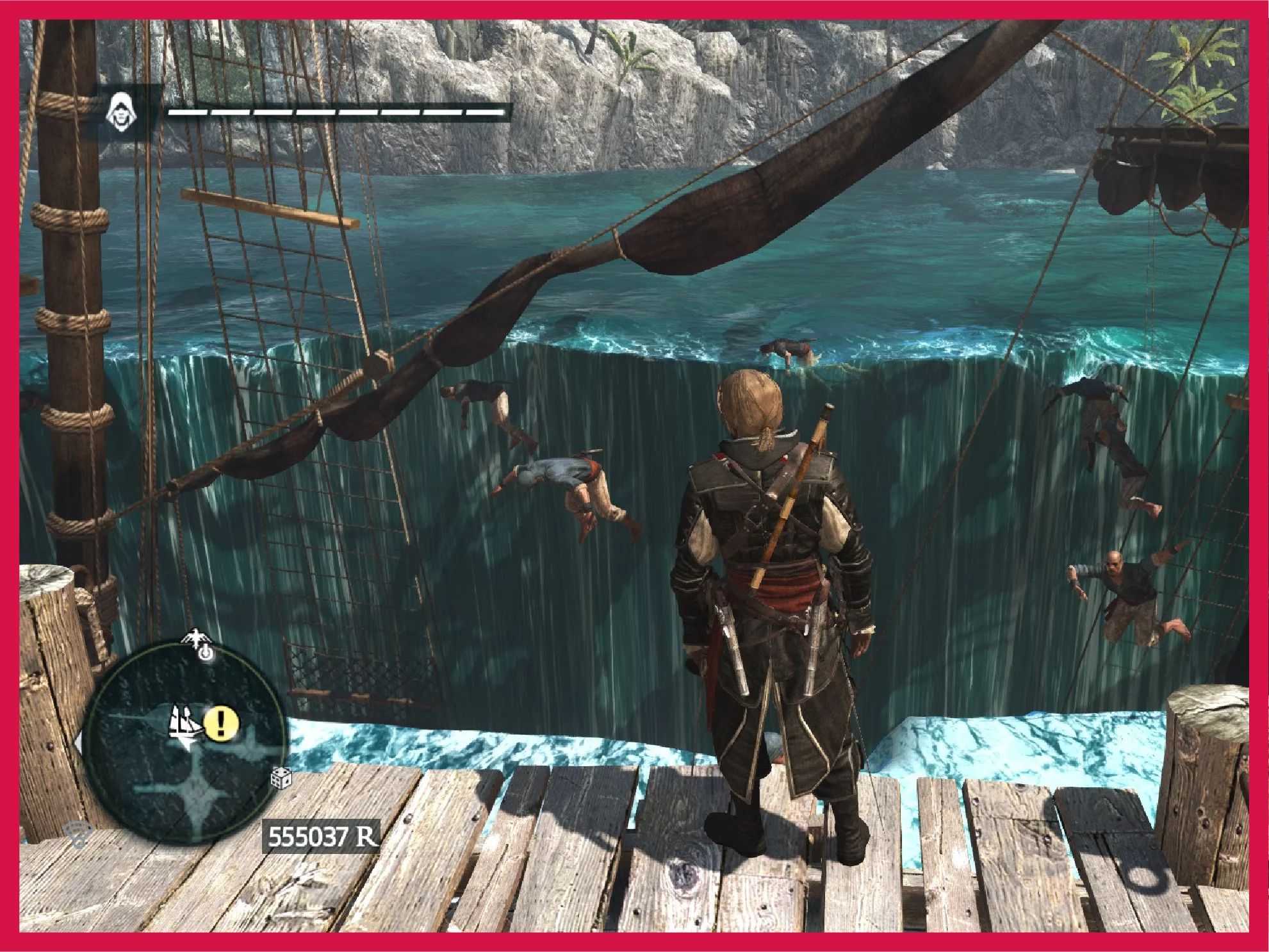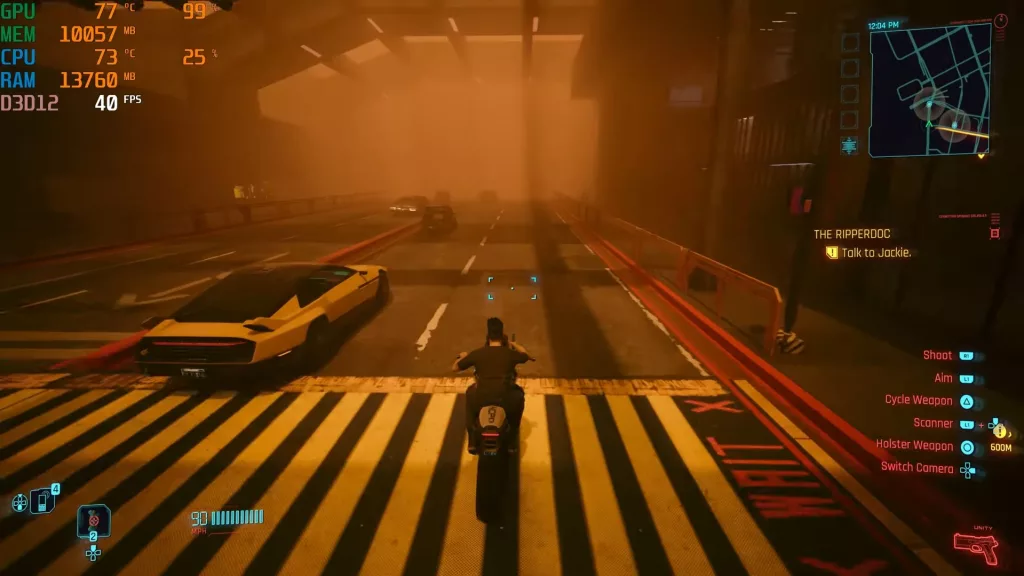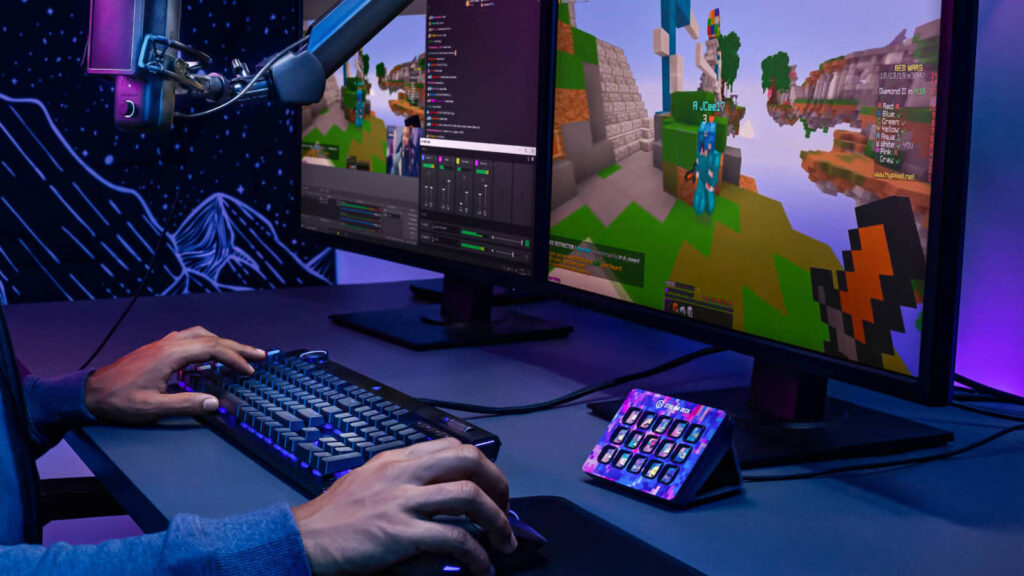It’s been more than 13 years since the first Assassin’s Creed game came out. Prince of Persia fans can stay pissed off at Ubisoft, but AC fans have everything to thank it for. AC has been a fascinating experience in many gamers’ journeys. From falling in love with the characters to being in awe of the exciting open world, the AC franchise has been an integral part of many people’s lives.
The first Assassin’s Creed game (2007) is the best in the series in terms of story. It’s also the mother lode from where the entire Templar vs. Assassin conflict comes.
A little background on Assassin’s Creed games

Assassin’s Creed is a very popular game franchise, and one with many storylines. It is an action-adventure video game franchise published by Ubisoft and developed by Ubisoft Montreal studio.
The game was created by Patrice Desilets, Jade Raymond, and Corey May. Assassin’s Creed was first launched in 2007 with the game titled the same.
By 2020, the game franchise had released 23 titles of the game, exploring various storylines and settings. The Assassin’s Creed games can be played on a variety of platforms, such as PlayStation, Nintendo, Wii U, Xbox, Windows, iOS, Android, Mac, etc.
The Assassin’s Creed series depicts a story of the Assassins and the Templars who are engaged in a very old struggle with each other to achieve peace. The Assassins wish to establish peace through free will, while the Templars want peace through order and control.
The Assassin’s Creed series has historical fiction, science fiction, and various characters that align with real historical events and figures. The player of the game controls an Assassin in the history, while sometimes playing Desmond Miles or Assassin Initiate to hunt down the Templars in the present day.
All AC games provide a unique and intriguing storyline, making the player come back for more
Which Assassin’s Creed has the best story?
The story is a culmination of structure, pacing, worldbuilding, character development, the characters, dialog, aesthetics, atmosphere, originality, and more. We’ll judge the AC games for all these factors.
#1. Assassin’s Creed (2007): The mother lode of the famed conflict
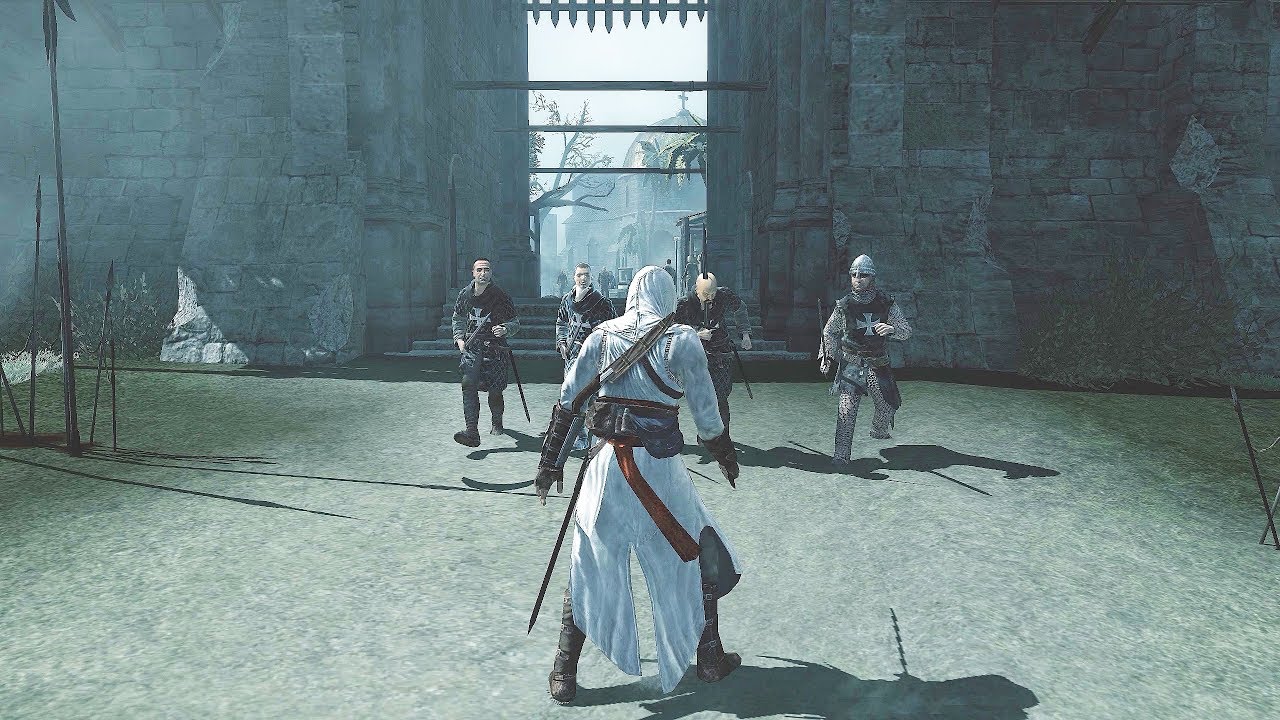
Top on the list has to be the game that began it all. There’s no other installment in the franchise that captures the essence of the Assassin’s vs. Templar’s ideological warfare better. In most other games after ACI, it’s easy to identify one of the two factions as either good or bad. In ACI, that never happens. Sure, the Templars have darker methods, so to speak, but Altair in his journey goes from borderline hating them to having doubts and finally realizing that the Templars aren’t very different from his creed.
Control vs. freedom: the first game provides the most genuine perspective. Many of the later installments, sadly, try too hard to make the Templar vs. Assassin difference morally grey – to the point, it feels mechanical. Templars in ACI had valid motivations behind their actions, Warren Vidic makes a compelling argument for the Templars, earning the respect of the Brotherhood is truly an achievement, and so on. These are some of the gems missing from other games.
It’s easy to say that the first game and its story was why Assassin’s Creed became so popular among gamers. The character motivations are truly engaging, which drive the narrative and add purpose to the story.
Yes, if you play that game today, you’re bound to find the game repetitive, complex, or with many unneeded frills. It’s the same as what will happen if you play Witcher 1 today, or Crysis 1, BioShock 1, World of Warcraft: The Burning Crusade, The Elder Scrolls IV, etc. all of which came out in 2007.
Way back in 2007, planning the perfect assassination in ACI was a high you’d come back for, time and again.
#2. Assassin’s Creed IV: Black Flag (2013): The one that redeemed the conflict
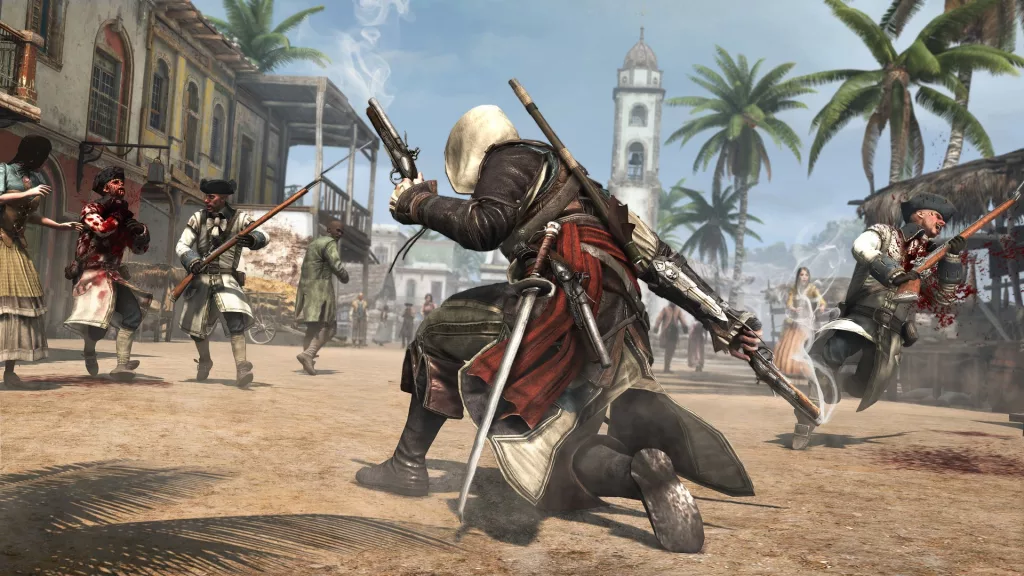
After the Ezio trilogy (and Assassin’s Creed III especially), Black Flag redeemed the franchise in many ways by bringing in new players to enjoy the fresh perspective that the game had to offer.
Black Flag has hands down one of the best characterizations in all of the open-world genre.
Everything from the beautiful world to the soundtrack falls in place perfectly. The pirate arc is engaging. All in all, Black Flag provides the signature Assassin’s Creed feel with a difference, and that’s its greatest strength.
Edward’s story is also one of redemption, which gets you every time.
#3. Assassin’s Creed: Brotherhood (2012)
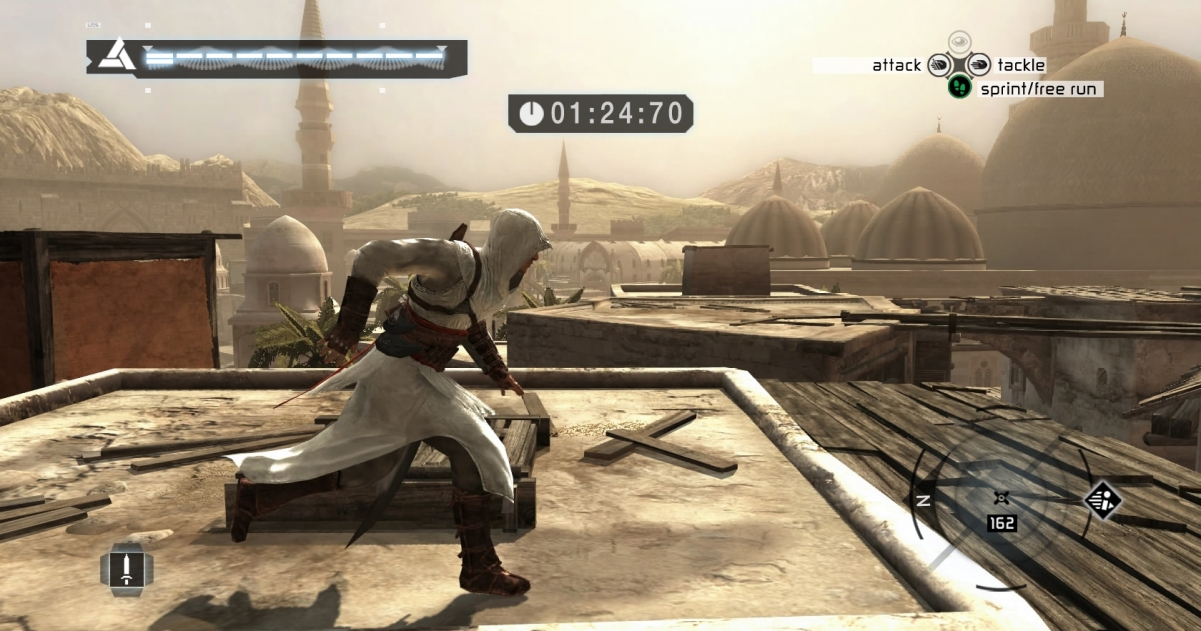
Brotherhood was the game that added a better management system as well as the ability to recruit assassins, which went on. This installment blows life into the Ezio trilogy as his purpose is reset to avenge his uncle and recover the Apple from Cesare.
With Brotherhood, Assassin’s Creed finally added multiplayer and overall a better combat system that was both satisfying and exciting.
All this went into improving the Ezio story. A few of the most important factors in a game’s story are character development, plot, and the story’s pacing. And Brotherhood nails it, albeit a few of its fallbacks.
Tying the past and present together is another strong point of Brotherhood, though arguably a few other games in the franchise do it better.
All in all, a clear winner among the many Assassin’s Creed titles.
Wait, why isn’t my favorite on the list?
For me, the most wholesome of the Assassin’s Creed games was Rogue. Shay Patrick Cormac was the hero perfected, for me. Every gamer is different with unique requirements from the game, and it’s perfectly normal to not agree with the list. Here are some common pitfalls of the games not on the list:
Note that all these games have certain good things going for them too, which I’ll skip (as it’s not the “Why are all Assassin’s Creed games so damn good, like really, OMG” article).
No game has been an absolute disaster. They all offered something or the other. It’s just that the ones on the best list offer more things good than bad.
Assassin’s Creed II (2009):
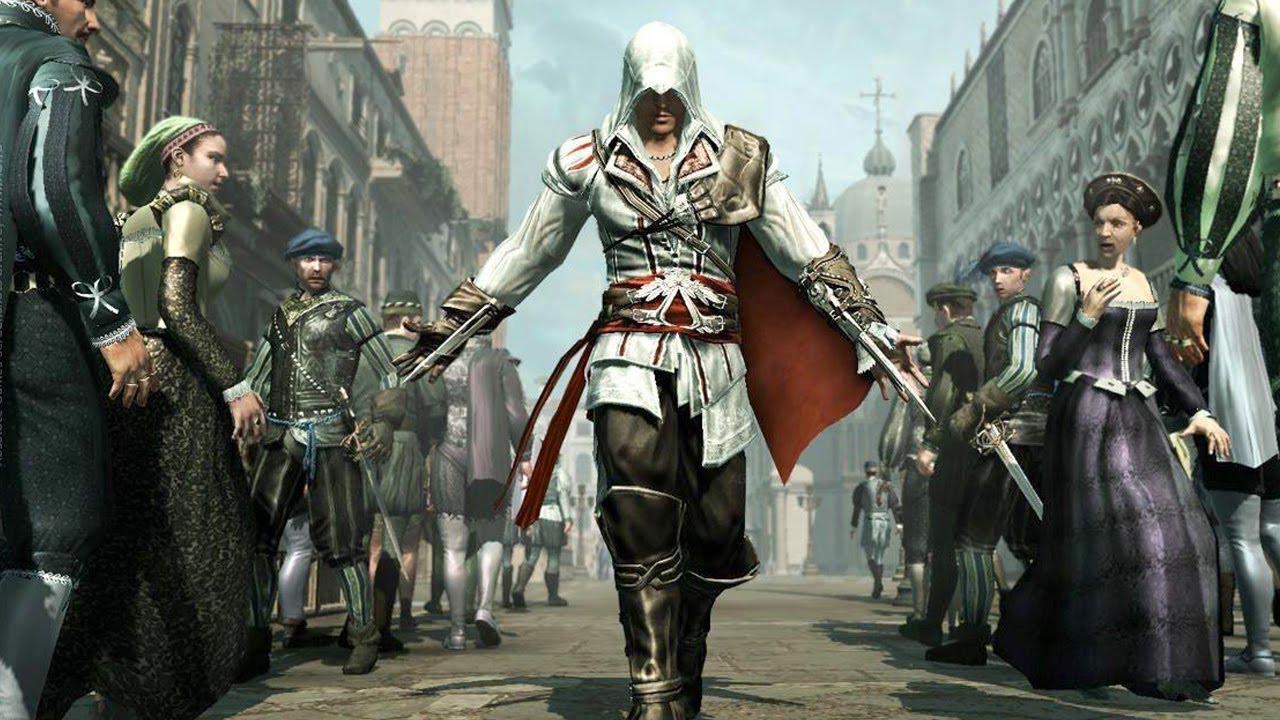
The story completely discarded the philosophical battle that should’ve followed the first game. It’s also filled with a lot of actions that are dubious if you think twice about them – some would call them the hero’s mood swings. ACII, however, has an amazing hero’s journey structure to it with all three stages being beautifully executed. Ezio’s beginnings are a breathtaking experience nevertheless. Combined with the elements of mystery and history, the plot is overall commendable.
Assassin’s Creed: Revelations (2011):
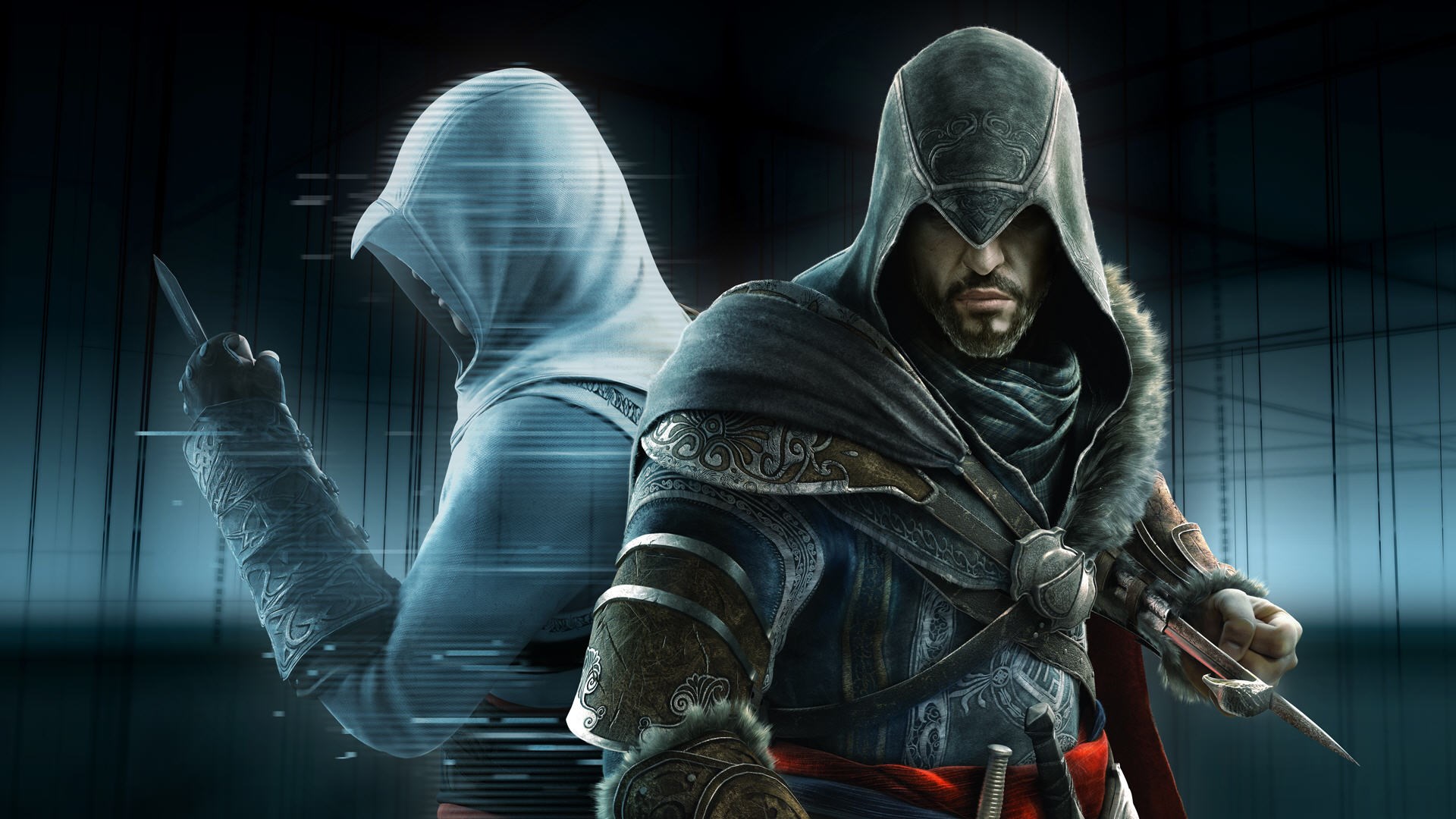
Being the climax to Ezio’s arc, Revelations is the favorite of many. However, more often than not, it feels like a repetition of something you’ve previously done. Especially when compared to the two games before it, Revelations fails to add something new to the story. It has a great variety of missions and history, but the pacing through its story feels incoherent, making the plot somewhat bland.
Assassin’s Creed III (2012):
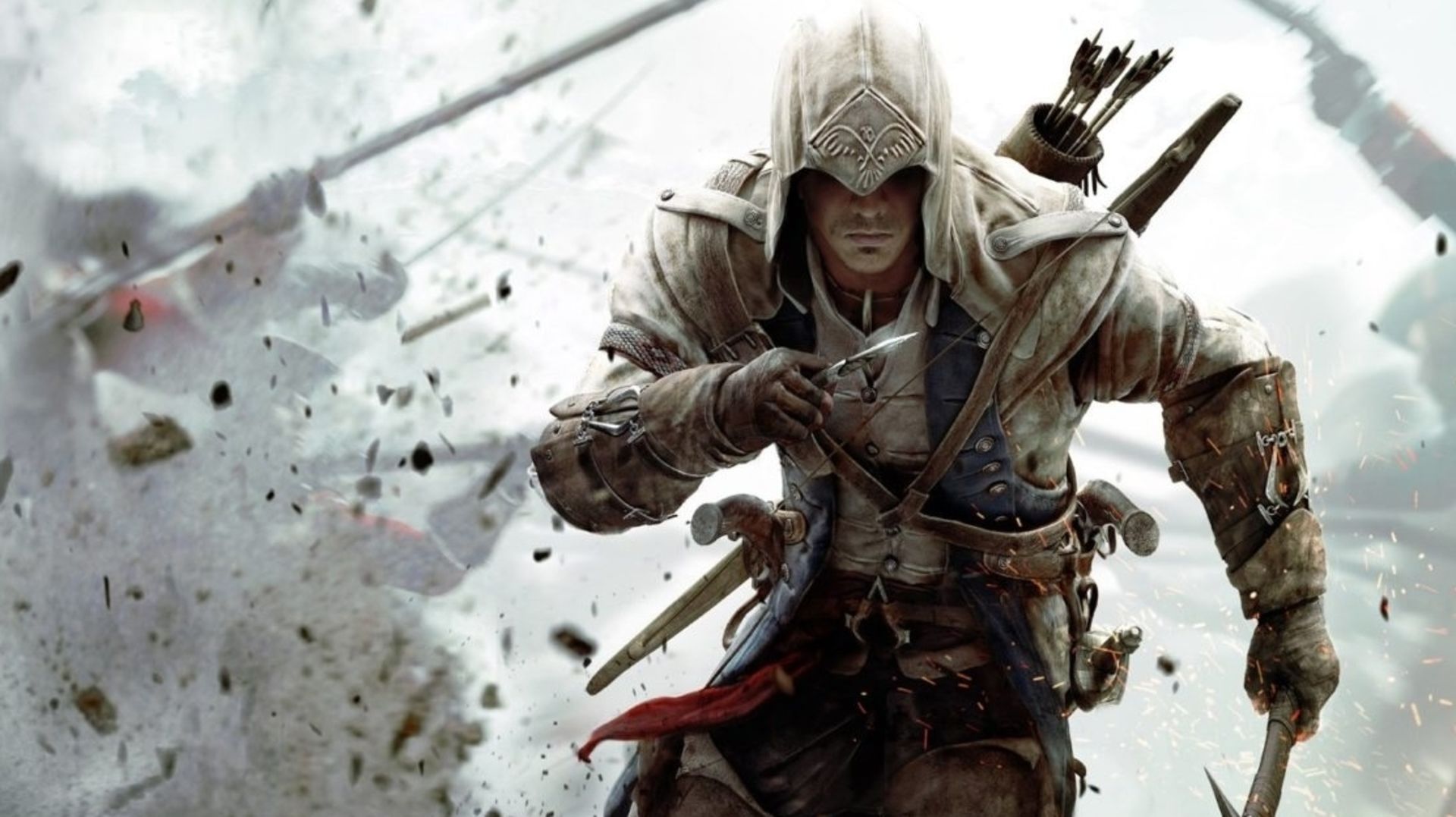
Although the game starts well with the amazing character relationships and depth, it fails to integrate the gameplay with the story, and offers poor pacing in general. ACIII has a lot of good things that fans love, in any case.
Assassin’s Creed: Rogue (2014):
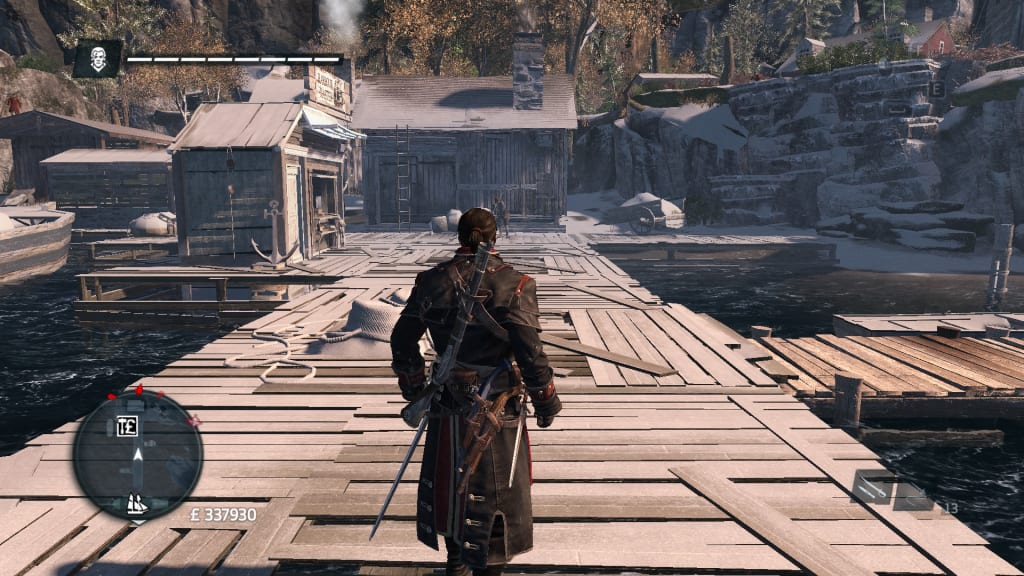
Rogue although works great as a connection between Kenway and Unity, has the mechanics of Black Flag more or less, and some great moments, it lacks overall in terms of character development and pacing. Shay, additionally, becomes very predictable and the entire game feels rushed.
Assassin’s Creed: Unity (2014):
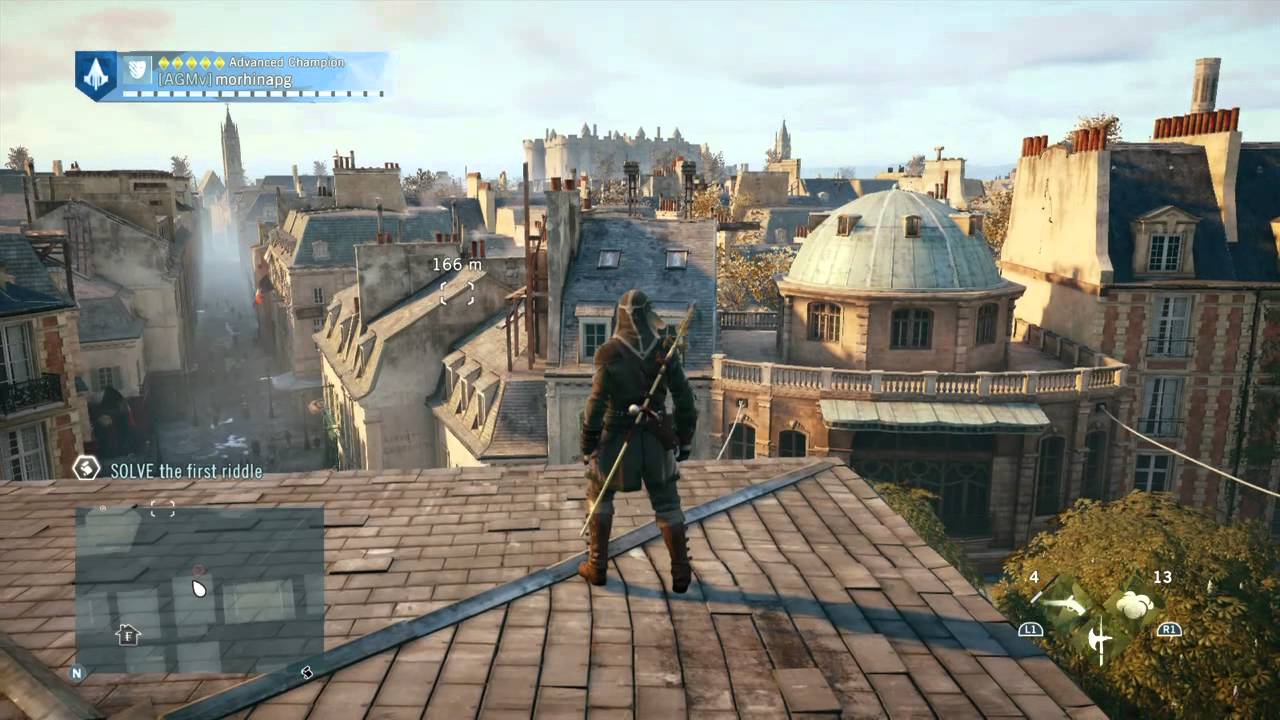
Unity is known to be disliked by many franchise lovers, though that’s mainly because of the technical problems that were later fixed. A bad launch coupled with a fairly weak main protagonist story (Arno’s) led to Unity becoming the bad apple of the lot. Moreover, Unity’s characters and plot are not very likable as compared to those from most other AC games.
It’s easy to fall in love with Unity’s stunning graphics, combat, stealth, and all the glitter Paris has to offer – but somewhere you’d feel the story lacks in terms of a good lead character, good main story, memorable side characters, unforgettable antagonist, a sensible modern-day arc, etc. Many new features were added that were not up to the mark (cover system comes to mind), while a few were removed (dual hidden blades, for example). Combine that with an insignificant soundtrack, and you have a game with wasted potential, especially when it was built around the French Revolution.
Assassin’s Creed: Syndicate (2015):
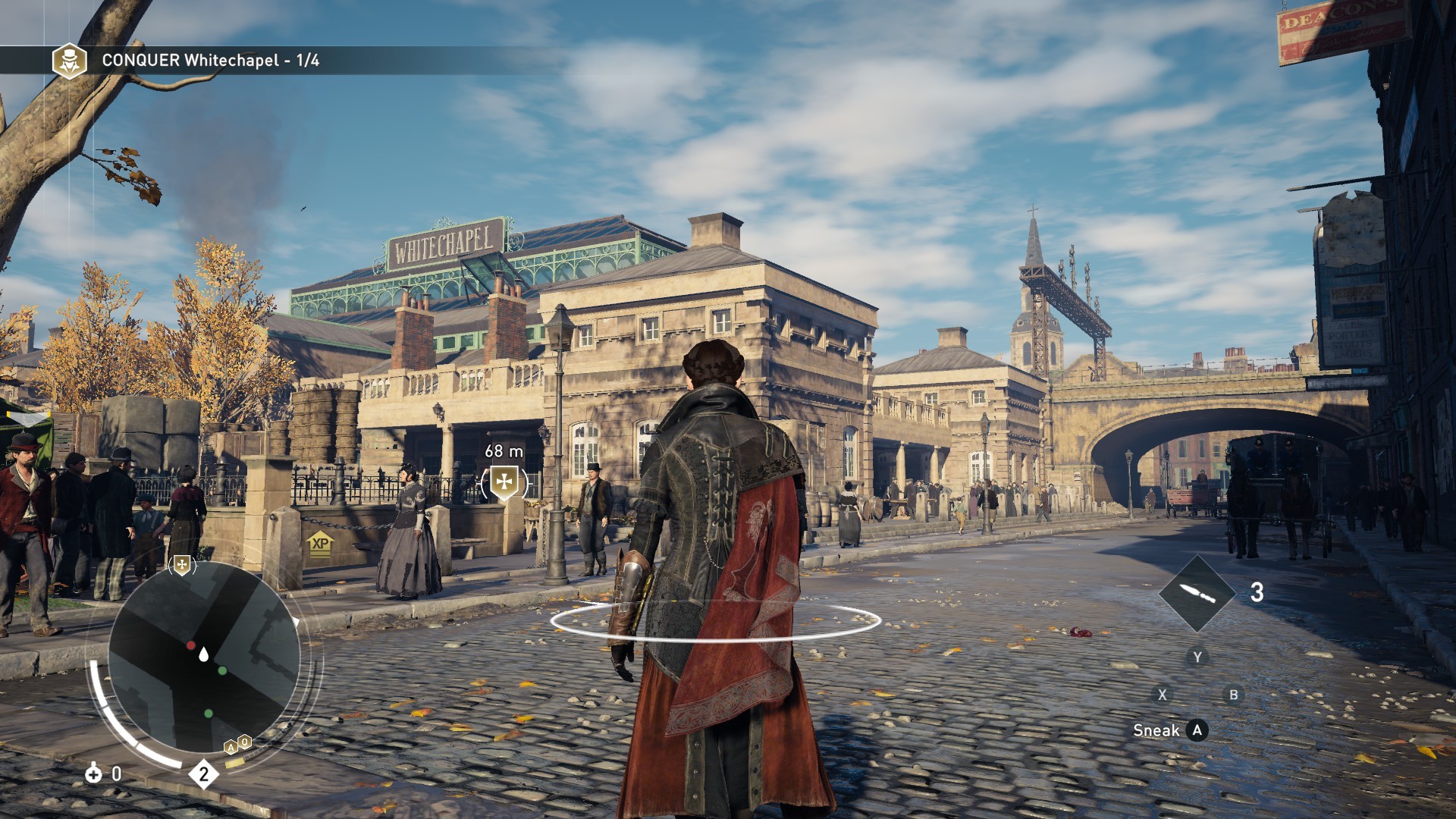
Known as heavy on cutscenes, Syndicate made up for the lack of a cohesive, engaging modern-day arc by a lot, something that was amiss in Unity. However, Syndicate falls short of delivering a good enough protagonist arc (arcs?). The plot isn’t as interesting as many others. Victorian Britain is a fun place to enjoy in Syndicate, but even with all the work put into the game from bat-hooks to train carriages and gangs, Syndicate fails to captivate the seasoned Assassin’s Creed fan.
Assassin’s Creed: Origins (2017):
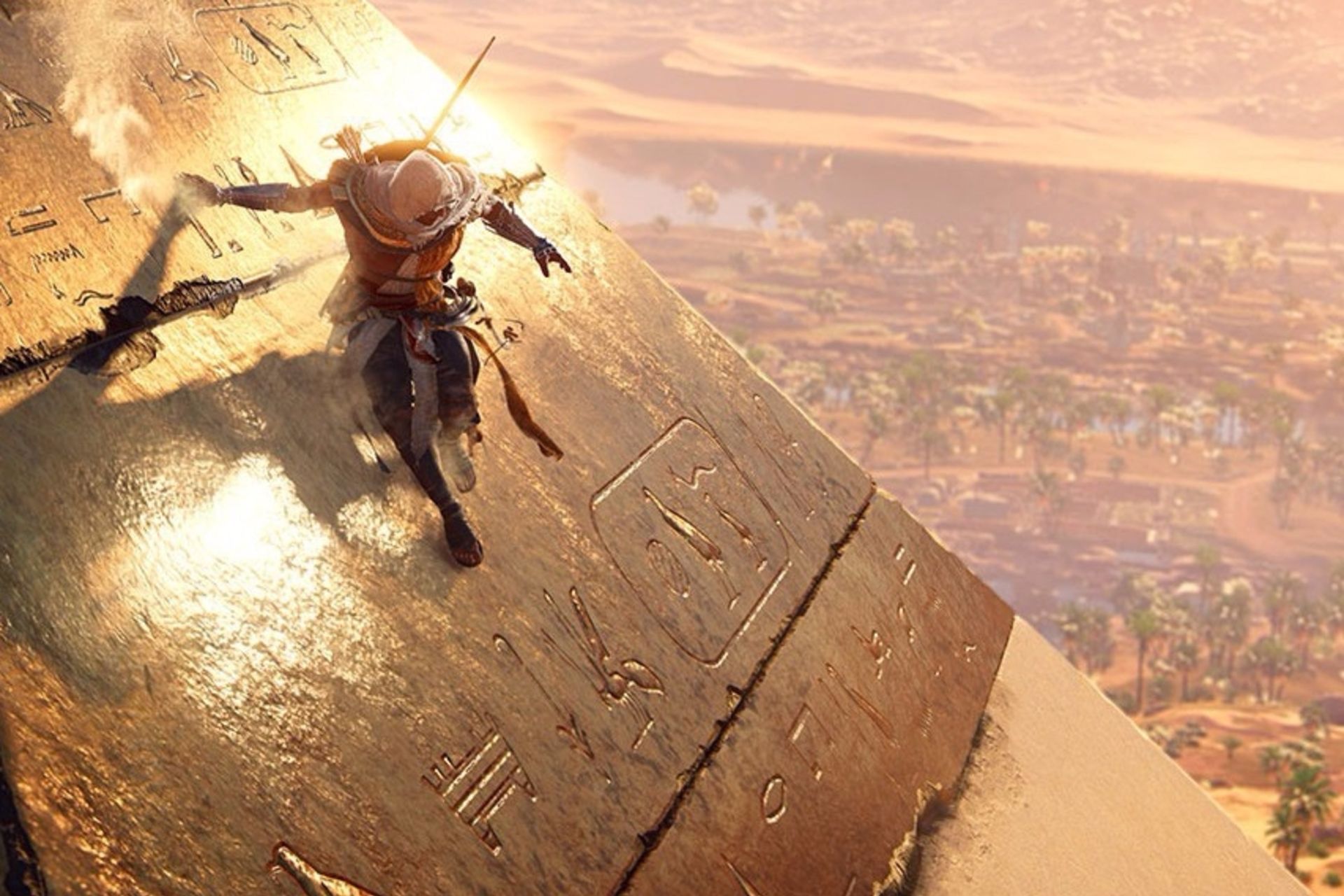
Origins polished the game further, for example removing loot animation makes the game more enjoyable than others. However, the mechanics make Origins sort of a stale game. Too much repetitiveness, simply a ton of new features which nobody asked for, half-baked narrative, and overall a feeling of rushed development. Lacking main villain backstory, dragging the subpar plot, and a weak connecting story highlight Origins. It has its high points, though.
Assassin’s Creed: Odyssey (2018):
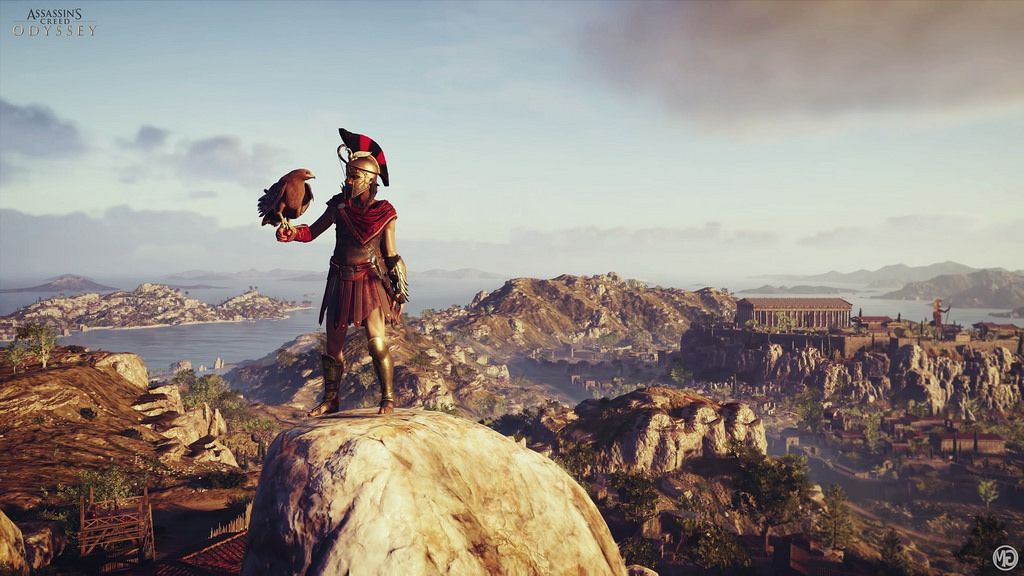
Odyssey has been a nightmare for those who liked AC games, and especially those who did so because they didn’t involve as much grinding as other open-world RPGs did. Level scaling, upgrading equipment, upgrading gear, and tiresome animations made Odyssey a poor installment. Also, the entire engraving aspect made no sense. Take out the memory corridor, one-hit kills, crowd blending, and do you even have anything left in an Assassin’s Creed game? On the upside, it had good character development for some (but none for others). Naming Odyssey’s assassins is a tough job, which it shouldn’t be, given it’s supposedly an Assassin’s Creed game.


